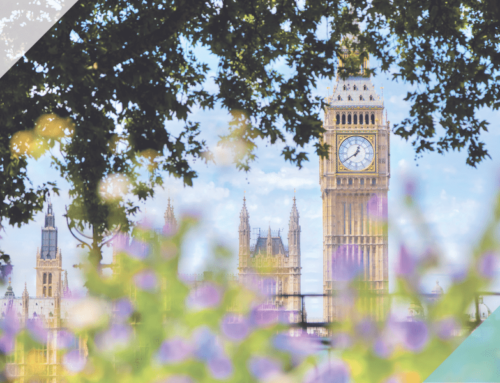An Insight Into What You Should Be Looking Out For And Doing
Buying your first home is a massive milestone and is an important asset. It’s important to know what you should be doing as a buyer, and what you should be looking for. The legal principle ‘caveat emptor’ is important to note, which directly translates to ‘let the buyer beware’ which means you are responsible for what you are buying. Therefore, it is important to be knowledgeable before entering the property ladder. Below entails in more detail an insight into what you should be looking out for and doing:
First time buyer budgeting
As a first-time buyer it is important to come to terms and plan your expenses, budgeting where necessary. The general rule of thumb is that you should put a deposit of at least 5-10% of the property price. In addition, you should consider the cost of moving itself, cost of living (food, electricity etc), and conveyancing fees.
As an example, on average a first-time buyer buying at £200,000 with a 10% deposit has a mortgage repayment of over £1,000 for 30 years or 1,100 over 25 years. The average single person household spends £194 per month, and for a smaller 1–2-bedroom house you are looking at an average of £57.25 a month on electricity. These are based off of October 2023 fees and vary by region. However, by using these averages we can see that the average monthly expense is around £1301.25.
This is not including legal fees, which vary in average dependent on if you are using Lifetime ISA’s, Help to Buy Schemes and more. Often times some conveyancers will not be transparent with costs, but at Attwells Solicitors we pride ourselves on our transparent fees which can be explained in full to you. If you are interested in getting a quote:
With the above explained, it is apparent why it is so important in making sure you find the right house for you.
Buying a New Build as a first time buyer
If you are looking at purchasing a new build, it is essential to approach with caution and to do thorough research into what you are investing into. In short, you should investigate:
- The reputation of the developer,
- The location of the property and future developments around it,
- Hidden costs,
- Construction timeline and delays and
- Thoroughly reviewing the contract.
If you would like more information on this specific topic, please checkout our blog What you should look out for when buying a new build property.
First time buyer mortgages
When applying for a mortgage several things will affect your ability to get the mortgage, such as your deposit value, current salary, and credit score. It is important to be aware credit score can especially affect your ability, but before applying for a mortgage it is a good idea to look at ways you can improve your credit score.
For example, if you have never borrowed money before it would be a good idea to take out a credit card and pay off the balance each month to show you can borrow money and pay it off on time. On the other hand, if you have borrowed before you should close credit cards you no longer use to improve your score.
By securing a mortgage before finding the house you want to buy you can speed up the process. This is because applying for a mortgage can have many potential delays and thus can hold up the house buying process for weeks and even months.
First time buyers professional help advice
When purchasing a property, it is important to appoint a conveyancing solicitor to assist you. This is because a conveyancer will be able to provide you information on everything you need to know about the property.
In order to speed up the process for yourself, make sure to have valid ID, address ID and bank statements to facilitate source of funds checks so your conveyancer is able to do Anti-Money Laundering checks. By having these ready to send, you will be saving yourself and your conveyancer time on chasing.
First time buyers information on leasehold or freehold
Firstly, what’s the difference between freehold and leasehold?
Freehold – When purchasing a freehold property, you own it outright, including all the land it’s built on. If you are purchasing a freehold, you will be responsible for the repair and maintenance of the building and the land.
Leasehold – When purchasing a leasehold property, you own the property for the length of term on the lease. You will have a Landlord, and the Landlord will own the freehold of the building and the land. When you purchase a leasehold property there are certain clauses within the lease which you will need to comply with. The Landlord has the ultimate control and therefore you will often need to obtain Landlord consent for certain matters such as alterations.
Therefore, it is important when purchasing your first property to understand the difference between these, for example if you are someone who wishes to own pets, you may be unable to on a leasehold.
Shared Ownership explained for first time buyers
A shared ownership allows you to purchase a percentage of a property whilst paying rent on the remaining percentage. This means you can borrow less, and overall makes it easier to obtain a mortgage. The deposit you put down is less as well, however it is important to note that shared ownership properties are often leasehold. As stated in the above, this may not be applicable for some. In addition it is important to note that you will always pay rent on the remaining percentage, and you will never own the full property.
Buying a first home is a monumental moment, and it does not have to be a daunting process. Attwells Solicitors take pride in helping first time buyers move into their new homes and we are always happy for a chat. You may also be interested in some of our podcasts, where we explain navigating the property market as a first time buyer.
Our blogs and articles are correct at the time of writing. These have been created for marketing purposes only and should not be considered as legal advice.





